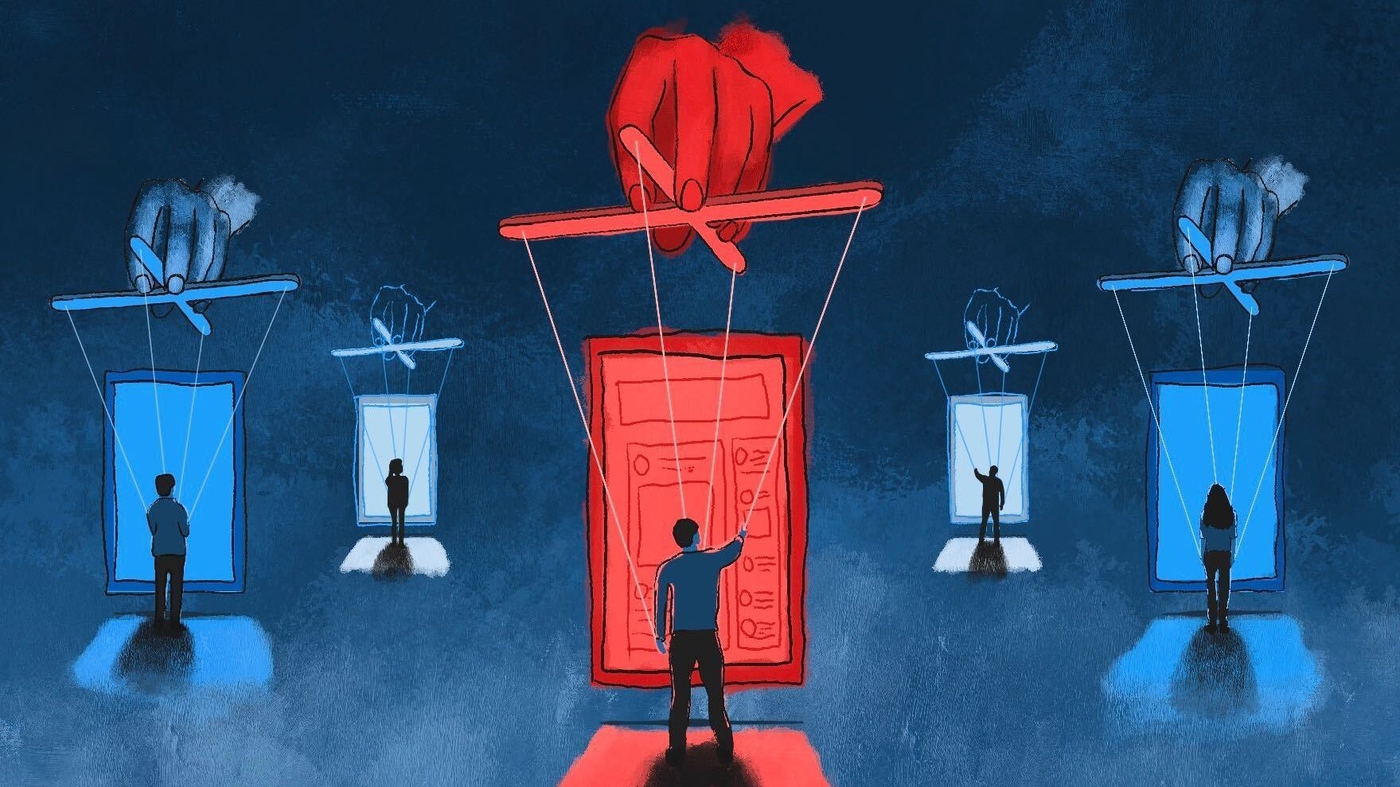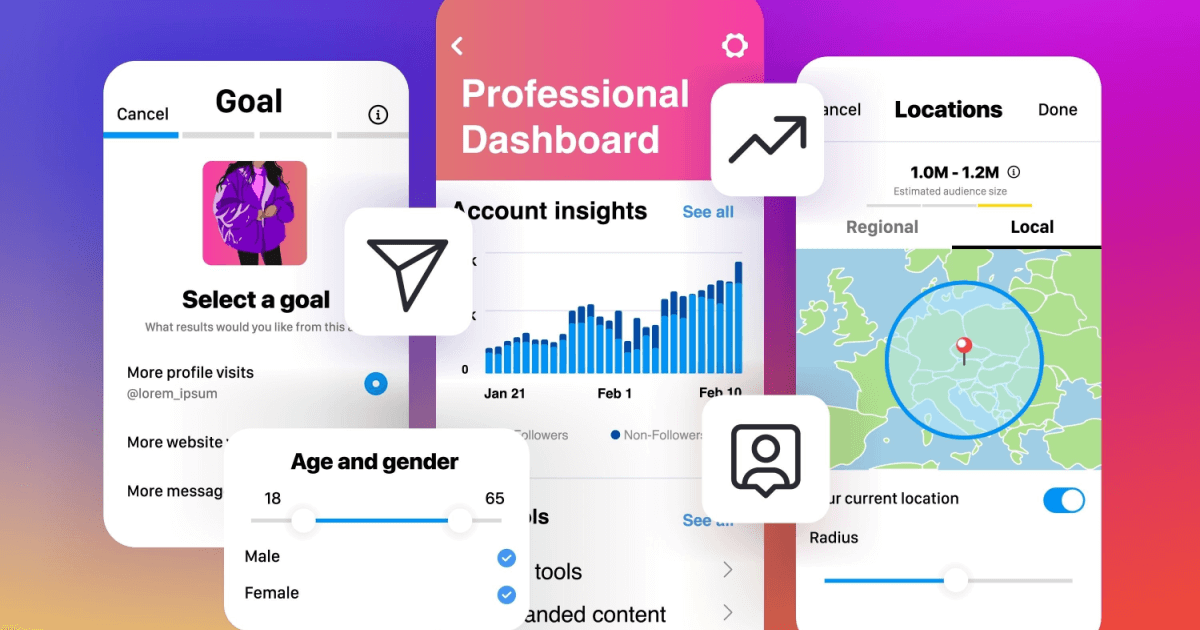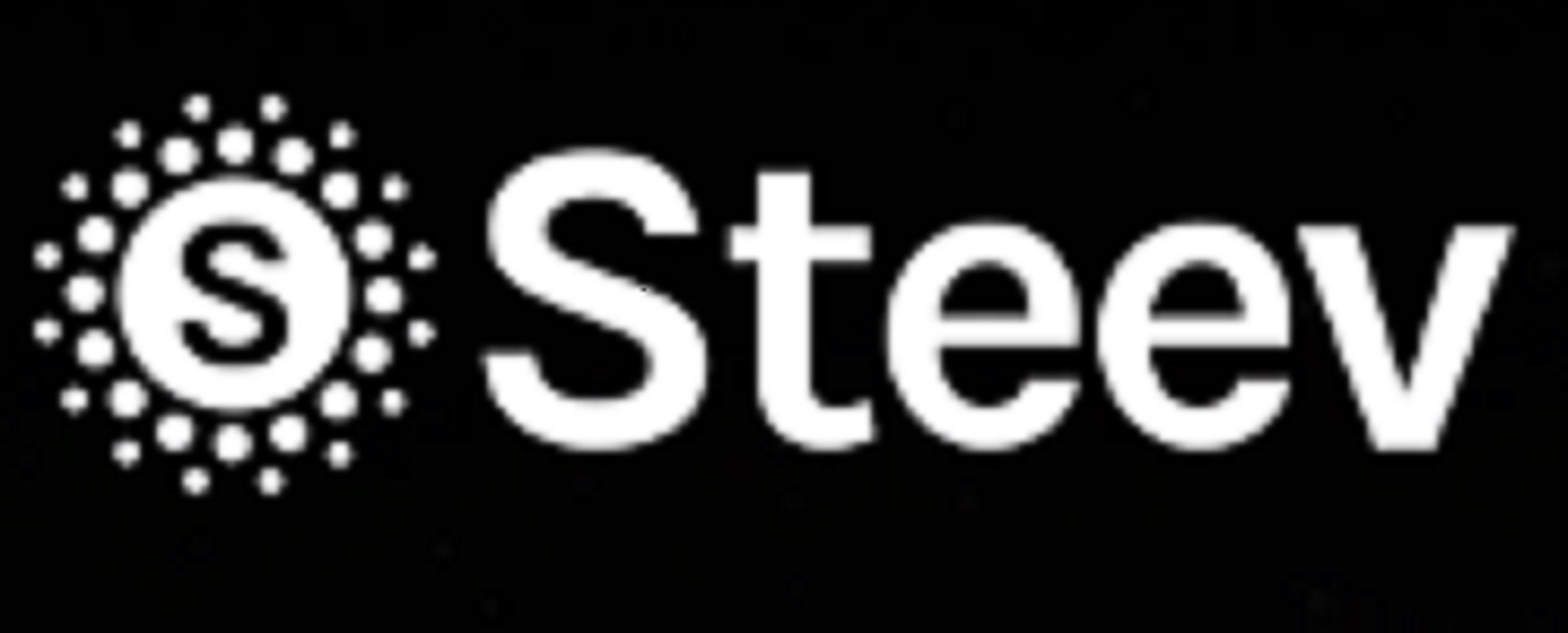“The power of social media: Shaping democracy, fueling misinformation.”
Social media has become an integral part of our daily lives, transforming the way we communicate, access information, and engage with others. However, its impact on democracy and the spread of misinformation has raised concerns. This introduction will explore the influence of social media on democracy and the challenges posed by the dissemination of misinformation.
The Role of Social Media in Shaping Political Discourse
The Role of Social Media in Shaping Political Discourse
In today’s digital age, social media has become an integral part of our lives. It has revolutionized the way we communicate, connect, and share information. However, with its widespread use, social media has also had a profound impact on democracy and the spread of misinformation.
One of the key ways in which social media has influenced democracy is by shaping political discourse. In the past, political discussions were primarily limited to traditional media outlets such as newspapers, television, and radio. However, with the advent of social media platforms like Facebook, Twitter, and Instagram, anyone with an internet connection can now participate in political conversations.
This democratization of political discourse has both positive and negative implications. On the one hand, it allows for a more diverse range of voices to be heard. People from all walks of life can now express their opinions, share their experiences, and engage in meaningful discussions about politics. This has the potential to foster a more inclusive and participatory democracy.
On the other hand, the unregulated nature of social media has also given rise to the spread of misinformation and the manipulation of public opinion. With the click of a button, false information can be shared and amplified to millions of people within seconds. This has serious consequences for the democratic process, as it undermines the ability of citizens to make informed decisions based on accurate information.
The algorithms used by social media platforms also play a significant role in shaping political discourse. These algorithms are designed to show users content that aligns with their interests and beliefs, creating echo chambers where people are only exposed to information that confirms their existing views. This can lead to the polarization of political discourse, as people become less willing to engage with opposing viewpoints and more susceptible to the spread of misinformation.
Furthermore, social media platforms have become breeding grounds for the spread of fake news and conspiracy theories. The viral nature of social media makes it easy for false information to gain traction and reach a wide audience. This has been particularly evident during major political events such as elections, where misinformation campaigns can be used to manipulate public opinion and influence the outcome.
To address these challenges, there is a need for greater regulation and accountability in the social media industry. Governments and tech companies must work together to develop policies and algorithms that prioritize the dissemination of accurate and reliable information. Fact-checking organizations and independent watchdogs also play a crucial role in debunking false information and holding social media platforms accountable for their content.
In conclusion, social media has had a significant impact on democracy and the spread of misinformation. While it has democratized political discourse and allowed for a more diverse range of voices to be heard, it has also facilitated the spread of fake news and the manipulation of public opinion. To ensure the integrity of our democratic processes, it is essential that we address these challenges and work towards a more responsible and transparent social media ecosystem.
Addressing Misinformation on Social Media Platforms
Addressing Misinformation on Social Media Platforms
In recent years, the rise of social media has had a profound impact on various aspects of society, including democracy. While social media platforms have provided a space for individuals to connect and share information, they have also become breeding grounds for misinformation. The spread of false information on these platforms has the potential to undermine democratic processes and erode public trust. As a result, addressing misinformation on social media has become a pressing concern for governments, tech companies, and society as a whole.
One of the challenges in addressing misinformation on social media platforms is the sheer volume of content being shared. With millions of users posting and sharing information every day, it is nearly impossible for platforms to manually review every piece of content. This has led to the development of algorithms and artificial intelligence systems that can detect and flag potentially false or misleading information. While these systems have made significant progress, they are not foolproof and can sometimes mistakenly flag legitimate content as misinformation.
To combat this issue, social media platforms have also started partnering with fact-checking organizations. These organizations work independently to verify the accuracy of information shared on social media. When a piece of content is flagged as potentially false, it is sent to these fact-checkers for review. If the information is found to be false, it is labeled as such and its reach is limited on the platform. While this approach has its limitations, it has proven to be an effective way to reduce the spread of misinformation.
Another strategy employed by social media platforms is promoting media literacy and critical thinking skills among users. By providing educational resources and tools, platforms aim to empower users to identify and evaluate the credibility of information they encounter. This includes teaching users how to fact-check information, verify sources, and critically analyze content. By equipping users with these skills, social media platforms hope to create a more informed and discerning user base that is less susceptible to misinformation.
In addition to these efforts, social media platforms have also implemented policies to address the spread of misinformation. For example, platforms like Facebook and Twitter have banned political ads that contain false or misleading information. They have also introduced measures to limit the reach of content that has been flagged as misinformation. While these policies have faced criticism for potentially infringing on free speech, they are seen as necessary steps to protect the integrity of democratic processes.
However, addressing misinformation on social media platforms is not solely the responsibility of tech companies. Governments also play a crucial role in regulating the spread of false information. Some countries have introduced legislation that holds social media platforms accountable for the content shared on their platforms. This includes imposing fines or other penalties for platforms that fail to adequately address misinformation. While this approach has its own set of challenges, it highlights the need for a collaborative effort between governments and tech companies to combat misinformation effectively.
In conclusion, addressing misinformation on social media platforms is a complex and multifaceted issue. While social media has undoubtedly had a significant impact on democracy, it has also become a breeding ground for false information. To combat this, social media platforms have implemented various strategies, including algorithms, fact-checking partnerships, and educational initiatives. Governments also have a role to play in regulating the spread of misinformation. By working together, we can strive to create a more informed and resilient society that is better equipped to navigate the challenges posed by social media and misinformation.
Social Media’s Influence on Democratic Processes and Elections
Social media has become an integral part of our lives, transforming the way we communicate, share information, and engage with the world around us. While it has undoubtedly brought numerous benefits, its impact on democracy and the spread of misinformation cannot be ignored. In this section, we will explore the influence of social media on democratic processes and elections, shedding light on both the positive and negative aspects.
One of the most significant ways in which social media has influenced democracy is by providing a platform for political engagement and participation. Platforms like Facebook, Twitter, and Instagram have allowed politicians to directly connect with their constituents, bypassing traditional media channels. This has given rise to a more accessible and inclusive political discourse, enabling citizens to voice their opinions, engage in debates, and hold their elected representatives accountable.
Moreover, social media has played a crucial role in mobilizing and organizing political movements. The Arab Spring, for instance, saw the power of social media in galvanizing citizens to demand political change. Activists used platforms like Twitter and Facebook to spread information, coordinate protests, and challenge oppressive regimes. This demonstrated the potential of social media to foster democratic movements and bring about social and political transformation.
However, the impact of social media on democracy is not without its drawbacks. One of the most pressing concerns is the spread of misinformation and fake news. The ease with which information can be shared on social media has made it a breeding ground for rumors, conspiracy theories, and propaganda. This has the potential to distort public opinion, undermine trust in institutions, and manipulate electoral outcomes.
The algorithms used by social media platforms also contribute to the spread of misinformation. These algorithms are designed to show users content that aligns with their interests and beliefs, creating echo chambers and filter bubbles. This means that users are more likely to be exposed to information that confirms their existing biases, making it difficult to have a balanced and informed public discourse.
Furthermore, social media has become a fertile ground for the manipulation of public opinion through targeted advertising and micro-targeting. Political campaigns can use data analytics to identify specific demographics and tailor their messages accordingly. This allows them to influence voters on a personal level, potentially swaying electoral outcomes. The Cambridge Analytica scandal during the 2016 US presidential election highlighted the extent to which social media can be exploited for political gain.
In response to these challenges, there have been calls for greater regulation and transparency in the realm of social media. Some argue that social media platforms should take more responsibility for the content they host, implementing stricter fact-checking measures and algorithms that prioritize accuracy over engagement. Others advocate for increased media literacy and critical thinking skills to empower users to discern between reliable and unreliable information.
In conclusion, social media has had a profound impact on democracy and the spread of misinformation. While it has provided a platform for political engagement and mobilization, it has also facilitated the dissemination of fake news and the manipulation of public opinion. As we navigate the digital age, it is crucial to strike a balance between the benefits and risks of social media, ensuring that democratic processes are protected and that citizens have access to accurate and reliable information.In conclusion, social media has had a significant impact on democracy and misinformation. While it has provided a platform for individuals to express their opinions and engage in political discussions, it has also facilitated the spread of misinformation and the manipulation of public opinion. The ease of sharing information on social media platforms has made it challenging to distinguish between reliable sources and false information, leading to the erosion of trust in traditional media and institutions. Additionally, the algorithms used by social media platforms often prioritize engaging and sensational content, further exacerbating the spread of misinformation. It is crucial for individuals, social media platforms, and governments to address these challenges and promote media literacy, fact-checking, and transparency to safeguard the integrity of democratic processes.




